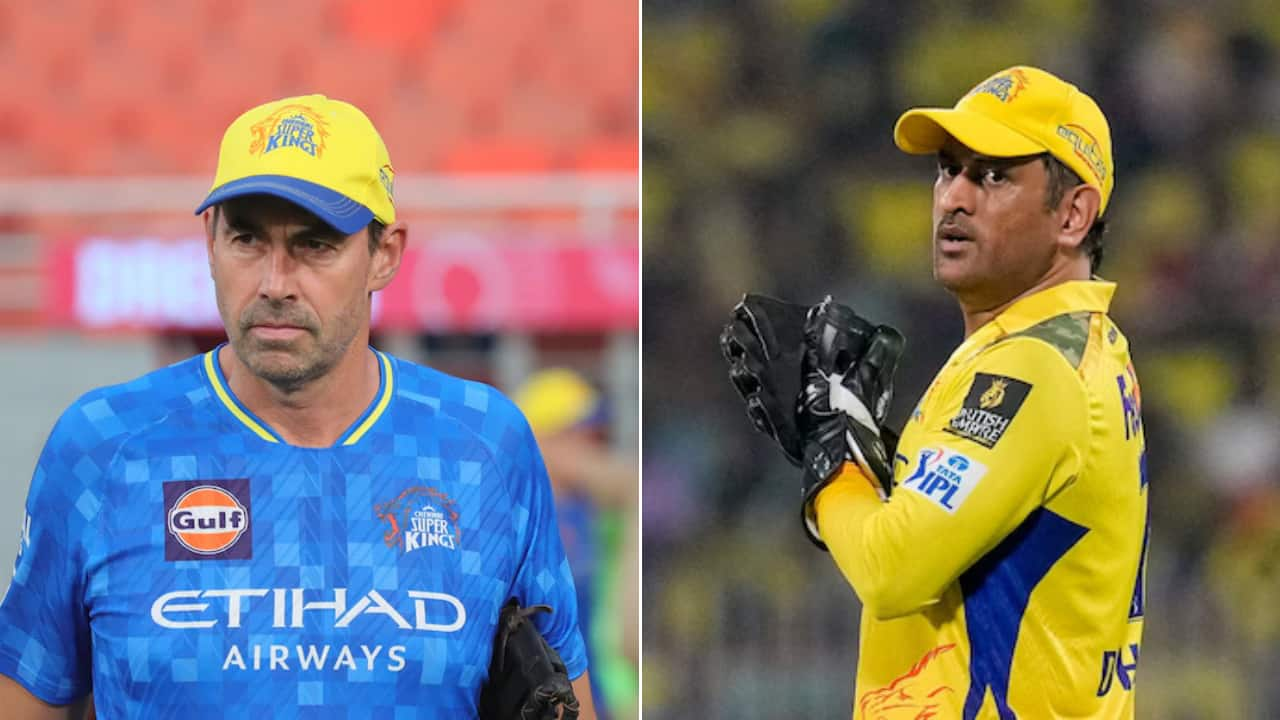I’m no fan of Meghan Markle. I don’t tend bee hives, blow up balloon arches, or make potpourri in my free time, so I can’t much relate to her treacly new show on Netflix . But I’m grateful nonetheless that she used the inaugural episode of her latest podcast ( Confessions of a female founder ) to highlight a rare post-partum reality that may get people talking about the underbelly faced by many new moms.
Meghan’s experience with post-partum preeclampsia — high blood pressure that can lead to stroke, brain damage or death — would have been terrifying and humbling, as is any pregnancy-related medical scare. My own was during pregnancy and delivery. After a failed IVF attempt, a successful frozen embryo transfer, a 30-week bleed, and an emergency C-section at 35 weeks, the surgeon came in to report my daughter hadn’t been growing in utero due to something called “velamentous cord insertion.

” I just nodded blankly, unfamiliar with the rare condition affecting less than one per cent of pregnancies. But I quickly learned that I was very lucky. “A natural childbirth could have killed one or both of you,” said the doctor.
Here’s the thing. Women have been giving birth since the dawn of time. It’s the most natural thing in the world, right? So we expect to breeze through it, or at least grit our teeth and bear it.
And when we don’t, when something traumatic happens, and we’re not bouncing back or basking in newborn joy, we think maybe there’s something wrong with us. My story is hardly unique. I have a friend who hemorrhaged so badly on the delivery table as to need multiple blood transfusions.
I know women who’ve laboured for hours bordering on days, desperate to have a vaginal birth, only to be rushed in for a C-section after failing to dilate. What I didn’t know until recently is that these experiences can add up to something called birth trauma. When I first heard the words, I rejected them out of hand.
War is traumatic. Assault is traumatic. Death is traumatic.
Giving new life is a miracle. Mother and baby are doing well. But what if we contextualized what’s actually happening a little differently.
Even if you conceive without difficulty, have an uncomplicated pregnancy and a smooth labour, you’re still being shunted from one reality to another. From a single entity to one split in two; your heart suddenly outside your chest. And when your life, or that of your baby is on the line or something goes scarily awry, then yes, maybe that is traumatic.
You can be incredibly grateful that you had a healthy child, while also acknowledging that you’ve undergone a trauma — and no, you aren’t being “overdramatic.” It’s only through reflection and self-compassion that we can use these experiences to learn and grow. Meghan Markle is living proof that beauty, wealth and even Prince Charming are no guarantee of a perfect post-partum reality.
Sure, she’s not my jam. But like her or not, she’s brave to share her experience, and perhaps get others reflecting more openly on their own. Suzanne Westover is an Ottawa writer.
RelatedCannabis use during pregnancy is surging in OntarioHigh blood pressure during pregnancy linked to long-term heart risks.
Health

Westover: It's time we talked honestly about childbirth and its dangers

Meghan Markle’s experience with post-partum preeclampsia, which she recently talked about publicly, should encourage long-needed discussion.















